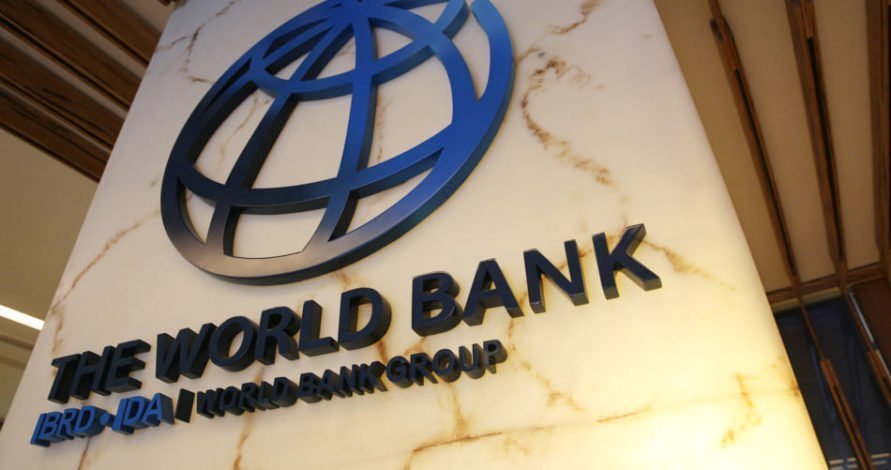•Says 5m Nigerians going into poverty
The World Bank says collapse in oil prices coupled with the COVID-19 pandemic may plunge the Nigerian economy into a severe economic recession, its worst since the 1980s.
The World Bank which made this known in a statement in Abuja on Thursday as part of its latest Nigeria Development Update (NDU), in the report titled Nigeria in Times of COVID-19: Laying Foundations for a Strong Recovery, estimated that the country’s economy would likely contract by 3.2 per cent in 2020.
The bank said the projection assumed that the spread of COVID-19 in Nigeria would be contained by the third quarter of 2020, warning that if the spread of the virus became more severe, over the period, the economy could contract further, adding that before COVID-19, the Nigerian economy was projected to grow by 2.1 per cent in 2020, an indication that the pandemic had led to a reduction in growth by more than five percentage points.
“The macroeconomic impact of the COVID-19 pandemic will likely be significant, even if Nigeria manages to contain the spread of the virus. “Oil represents more than 80 per cent of Nigeria’s exports, 30 per cent of its banking-sector credit, and 50 per cent of the overall government revenue.
“With the drop in oil prices, government revenues are expected to fall from an already low eight per cent of GDP in 2019 to a projected five per cent in 2020.
“This comes at a time when fiscal resources are urgently needed to contain the COVID-19 outbreak and stimulate the economy.
“Meanwhile, the pandemic has also led to a fall in private investment due to greater uncertainty, and is expected to reduce remittances to Nigerian households, which in recent years have been larger than the combined amount of foreign direct investment and overseas development assistance,” it explained.
The statement quoted Shubham Chaudhuri, World Bank Country Director for Nigeria, as saying “while the long-term economic impact of the global pandemic is uncertain, the effectiveness of the government’s response is important to determine the speed, quality, and sustainability of Nigeria’s economic recovery.
“Besides immediate efforts to contain the spread of COVID-19 and stimulate the economy, it will be even more urgent to address bottlenecks that hinder the productivity of the economy and job creation,”
The bank noted that the report showed that the human cost of COVID-19 could be high, adding that beyond the loss of life, the COVID-19 shock alone was projected to push about five million more Nigerians into poverty in 2020.
It stated that before the pandemic, the number of poor Nigerians was expected to increase by about two million largely due to population growth, the number would now increase by seven million – with a poverty rate projected to rise from 40.1 per cent in 2019 to 42.5 per cent in 2020.
According to the World Bank, the report noted that the pandemic is likely to disproportionately affect the poorest and most vulnerable, particularly women.
“School closures have reduced the food intake of almost seven million children who are enrolled in the national school feeding program. Economic activities have been disrupted and women’s livelihoods have been particularly impacted.
“Over 40 per cent of Nigerians employed in non-farm enterprises reported a loss of income in April-May 2020. In addition, the fall in remittances is likely to affect household consumption because half of Nigerians live in remittance-receiving households, of which about a third are poor.
“The unprecedented crisis requires an equally unprecedented policy response from the entire Nigerian public sector, in collaboration with the private sector, to save lives, protect livelihoods, and lay the foundations for a strong economic recovery,” said Marco Hernandez, World Bank Lead Economist for Nigeria and co-author of the report.
Source: sunnewsonline




